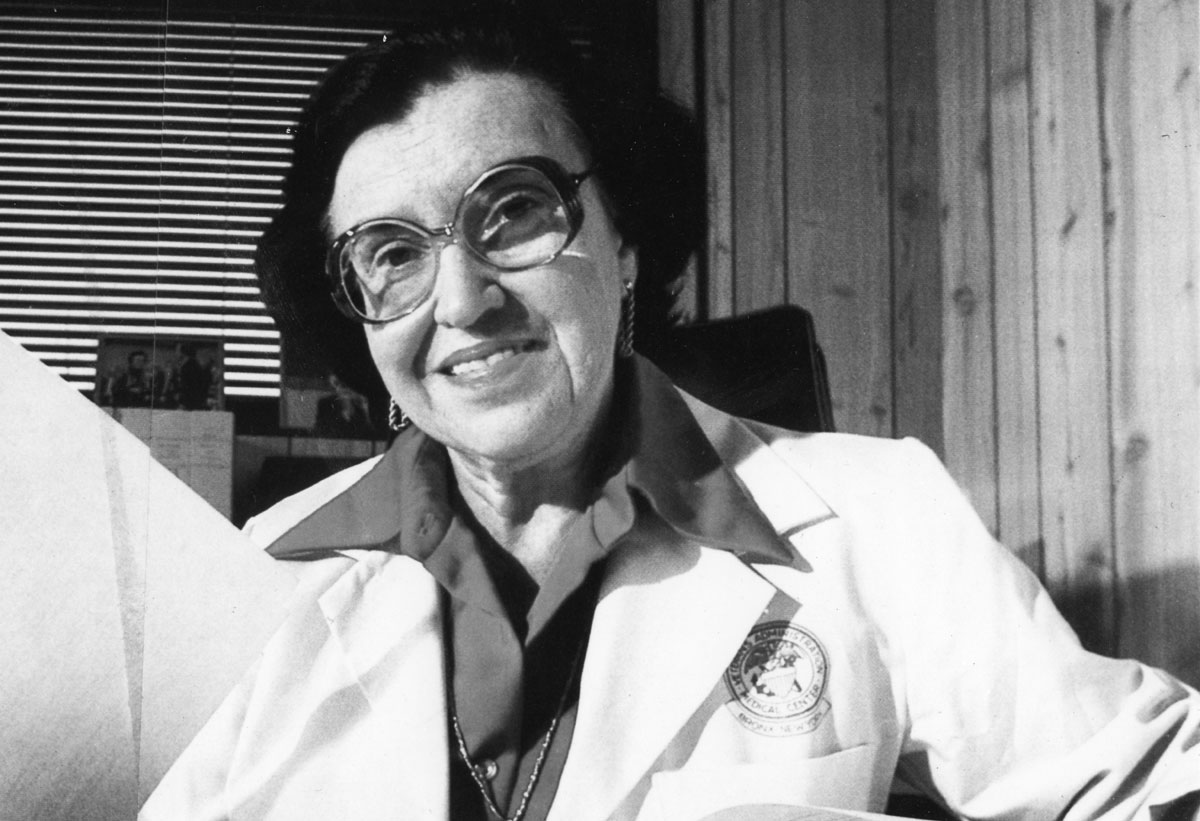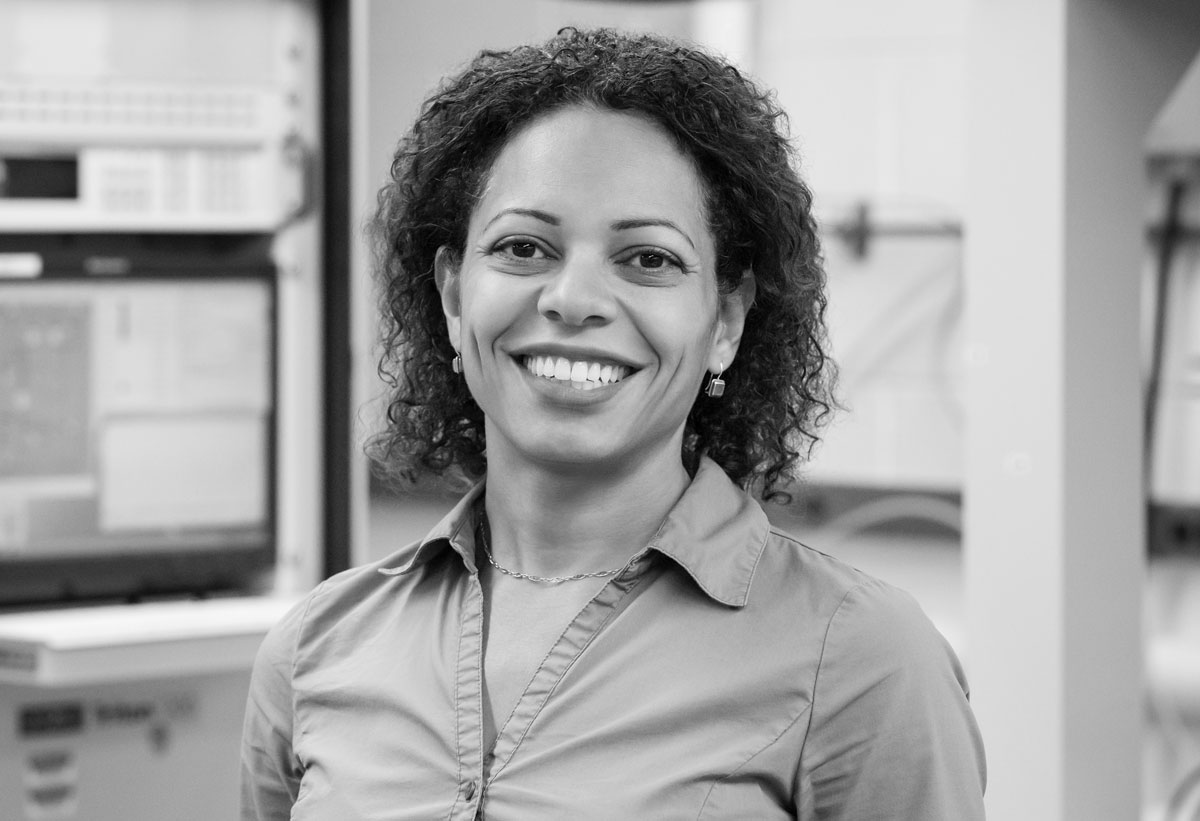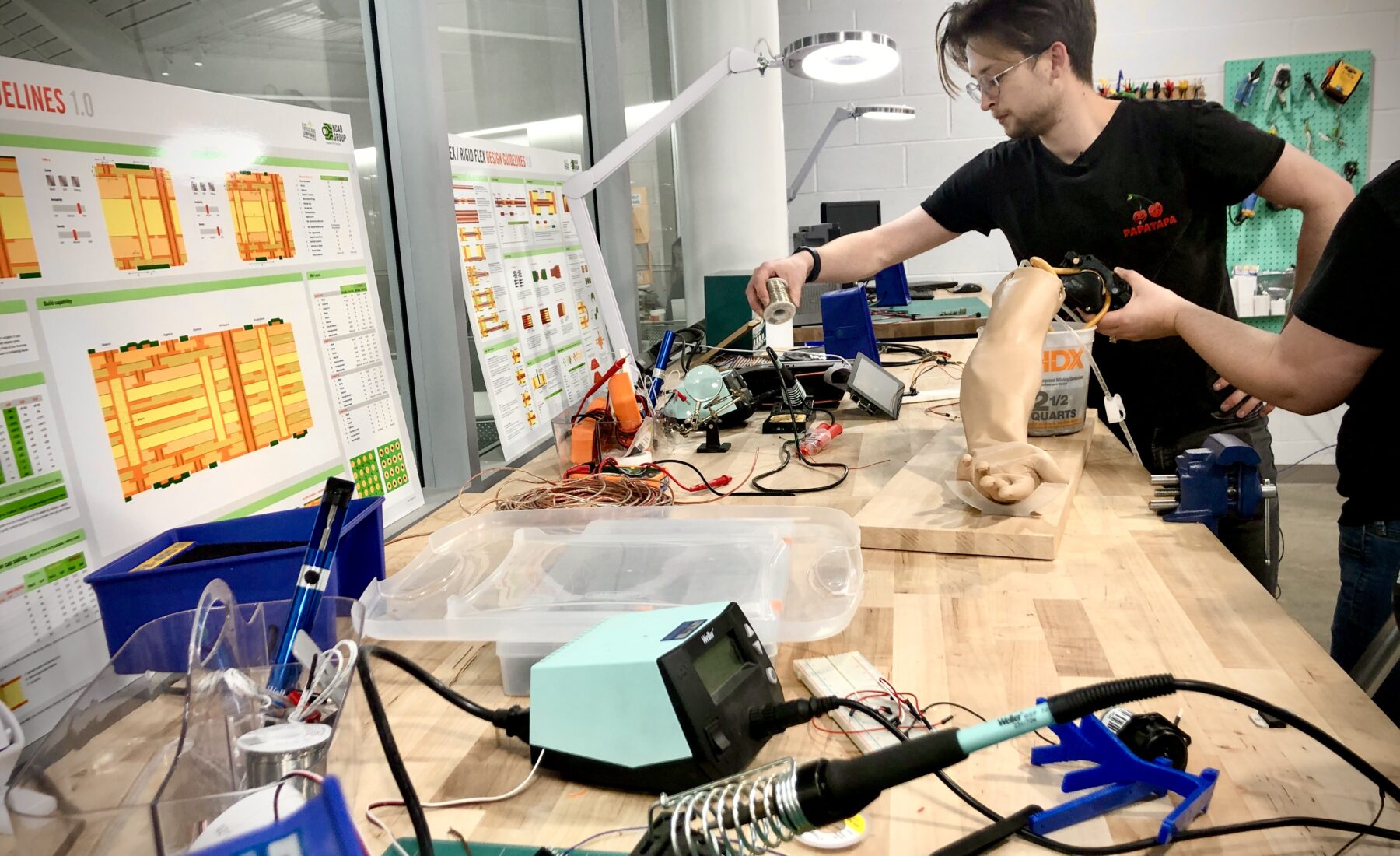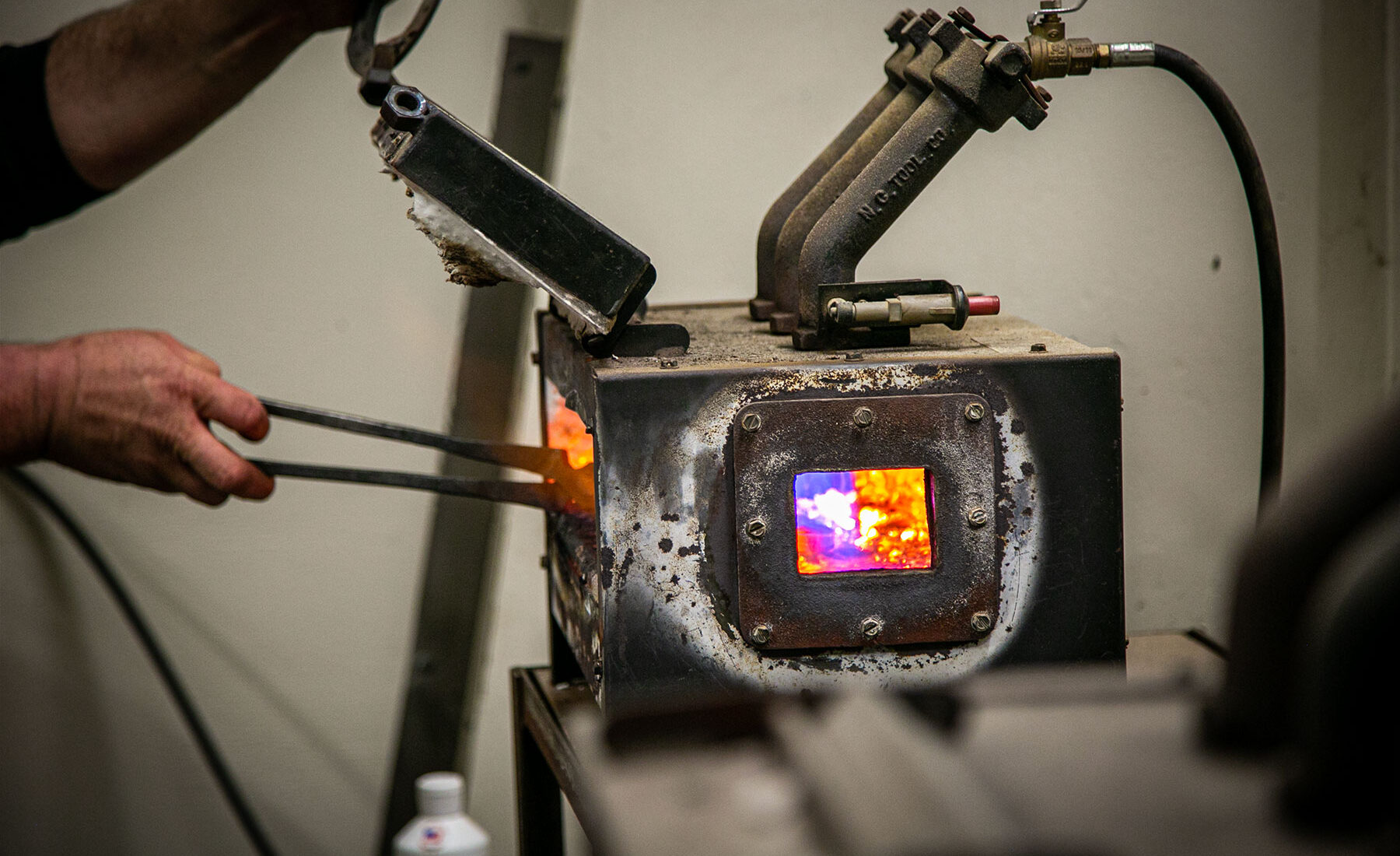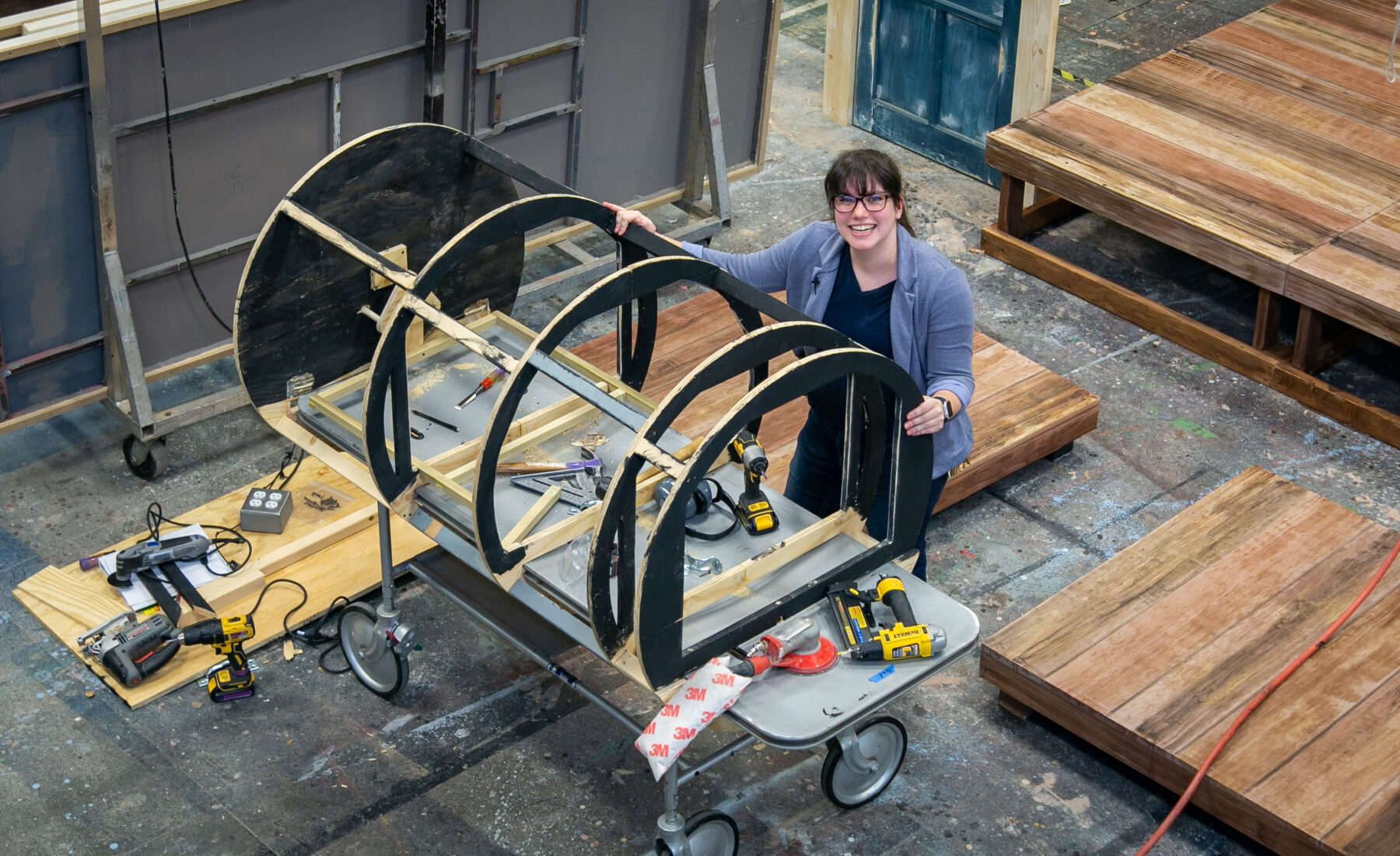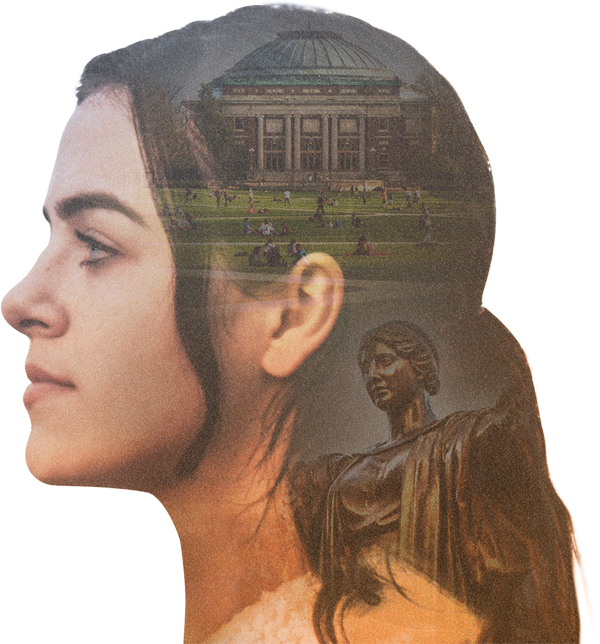In September of 1941, Bronx-native Rosalyn Sussman Yalow swapped skyscrapers for cornfields when she arrived at the University of Illinois to embark on her PhD in nuclear physics as well as a teaching assistantship. At the time, she was the only woman among four hundred male faculty and teaching assistants in the college of engineering.
Despite graduating Hunter College with high honors, this prodigious twenty-year-old met her share of resistance when applying to graduate school—until Illinois said yes.
Yalow persevered with single-minded determination. She believed in hard work—and she believed in herself.
Eighty years later, physics professor Nadya Mason, who came to Illinois in 2005, can relate.
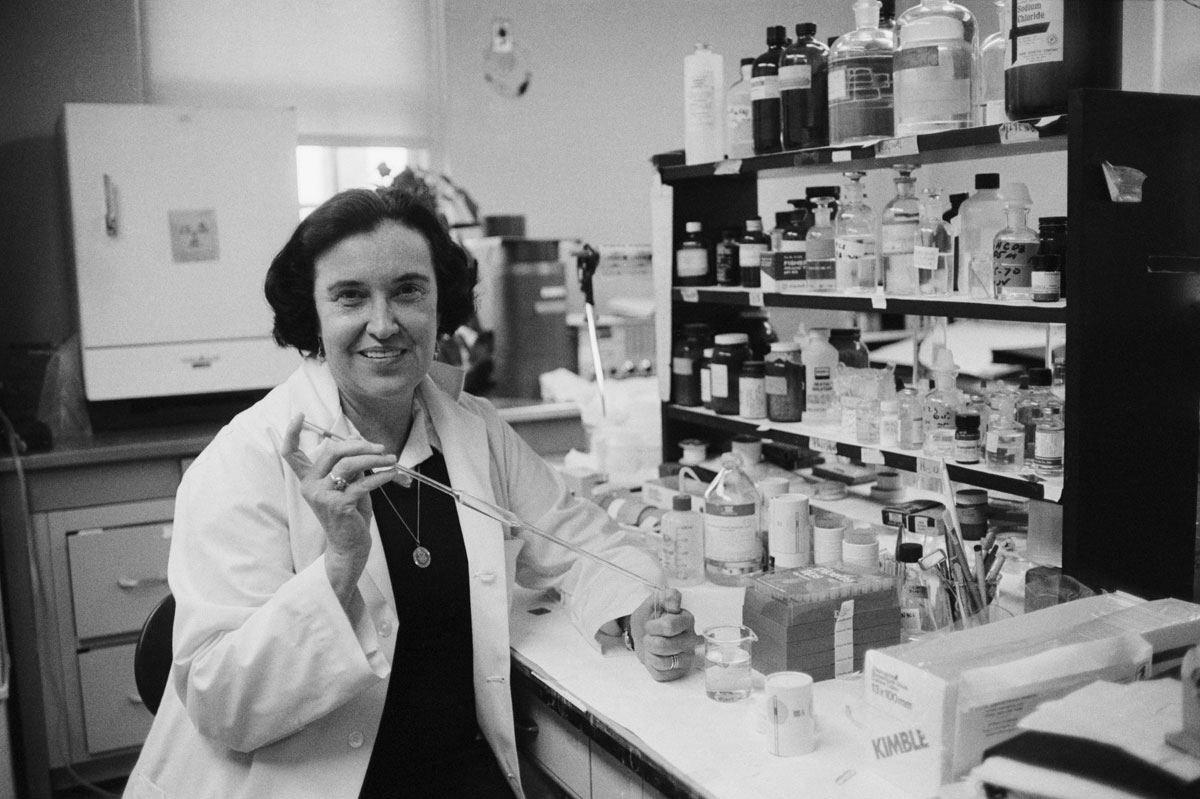
“As a physicist of color, I can identify with that feeling of being isolated; of being noticed in every room that you go into; of having to pursue your interests, whether or not other people think you belong. That is a definite connection that I feel with Dr. Yalow,” Mason said.
While decades separate the careers of these two accomplished physicists, they have reputations as passionate, ambitious, and outstanding scientists.
In 2021, Yalow’s legacy crossed paths with Mason’s career. Thanks to funding from the Heising-Simons Foundation, Yalow was honored as a pioneer for women in STEM with a named professorship—the first in the college’s history to be named in honor of a female alumna. Nadya Mason proudly holds the inaugural Yalow Professorship.
“Nobody wanted a Jewish woman from New York in their graduate program. And then, how on earth would she ever get a job,” Ben Yalow shared in a recent conversation about his Nobel Laureate mother.
Yalow was told by many that she wouldn’t be accepted to graduate school and was, in fact, working as a secretary when she received her acceptance from Illinois.
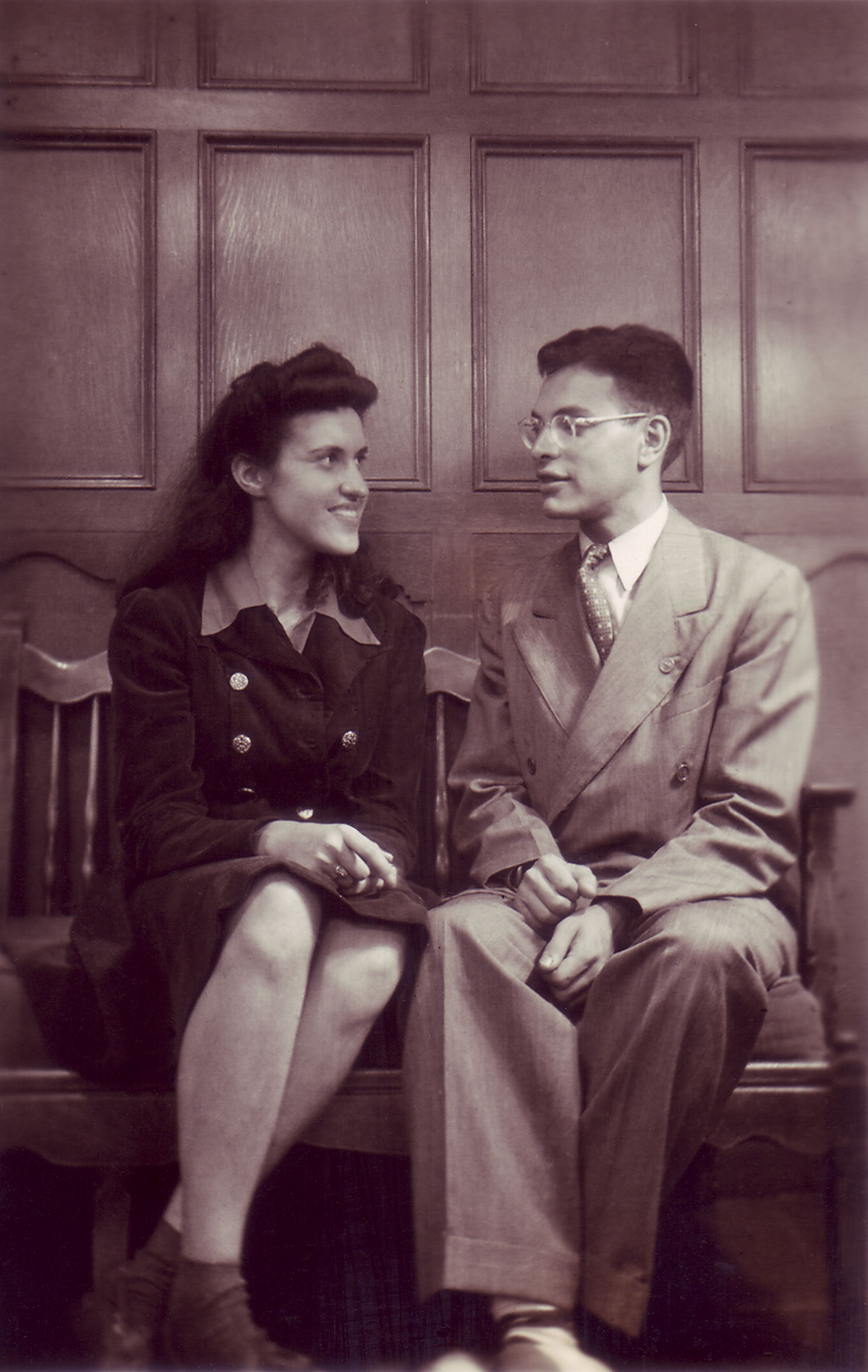
It was here that she met some of her fiercest professional and personal champions, including her PhD advisor Maurice Goldhaber and Aaron Yalow (GRAINGER ’45), a fellow physics graduate student who would become her husband. Upon graduation in 1945, she was only the second woman to receive a PhD in physics in the university’s history.
In the 1950s, Yalow worked at the Veterans Administration Hospital in the Bronx, where she partnered with physician-scientist Solomon A. Berson. Their work led to the discovery of radioimmunoassay (RIA), RIA measures unknown substances by reacting them with antibodies labelled with radioactivity. RIA enables doctors to provide quicker diagnoses, safer blood transfusions, and easier detection of gestational complications during pregnancy.
For this discovery, she became the first American-trained woman to earn the Nobel Prize in Physiology or Medicine. Sadly, Berson passed away in the early 1970s and couldn’t share the 1977 prize. In honor of their work together, Yalow named her lab after Berson, noting that she wanted every paper, every discovery that came out of that lab to have his name on it as well as hers.
Mason, an alumna of Stanford and Harvard, is an award-winning experimental physicist. She is the founding director of the Illinois Materials Research Science and Engineering Center, and her work focuses on electronic behavior in nanoscale materials, an understanding of which is critical to developing new electronic devices. Throughout her career, she has also worked to increase the presence of underrepresented groups in STEM.
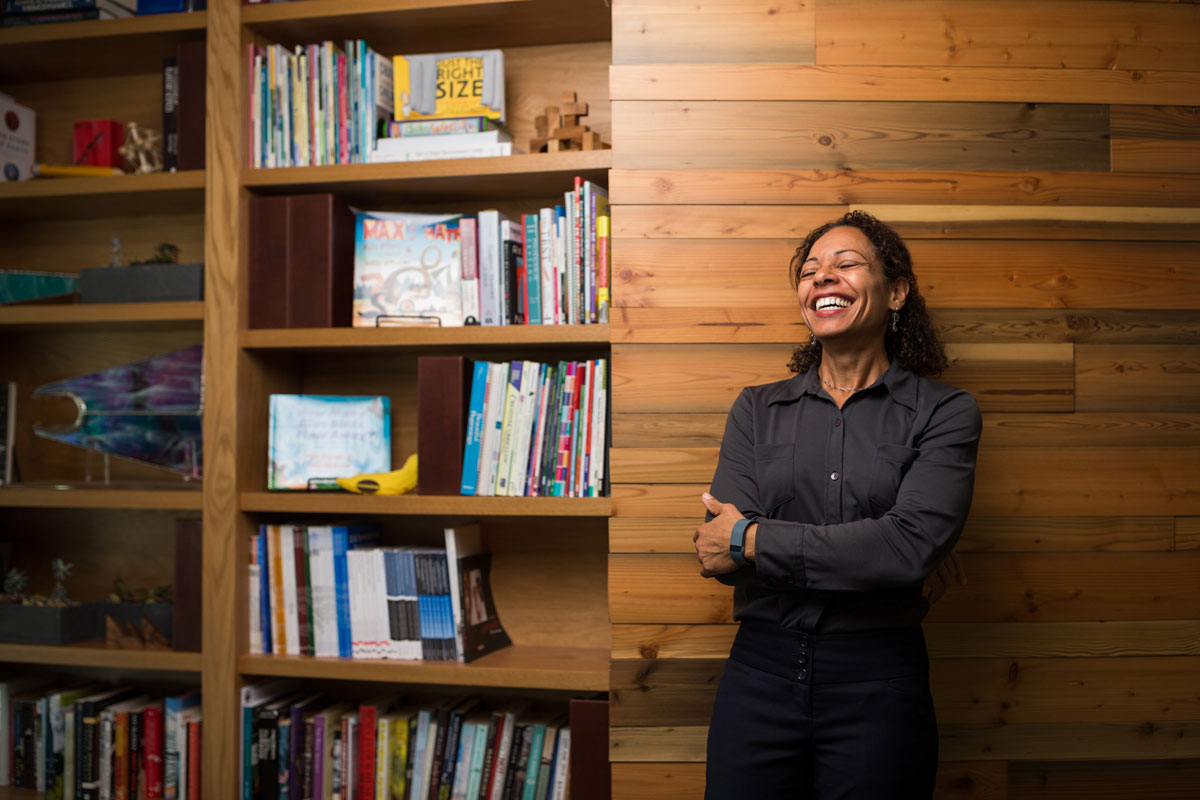
“Receiving this professorship is wonderful recognition that all of my work is valuable, both the research and the outreach work that I do,” Mason said. “It motivates me to push forward on all aspects of my work, from leading a center to working with my students to organizing webinars about inclusivity.”
She admits she was unfamiliar with Yalow and her work before she started at Illinois. While that could be because they are in different areas of physics, she also suspects it could be because women are not as readily lauded for their achievements.
“I am often asked to speak, and now I am introduced as the Rosalyn Yalow Professor,” Mason explained. “Using her name is important. Hopefully, this will be a start to giving Rosalyn Yalow the recognition she really deserves.”
Rosalyn’s daughter, Elanna Yalow, is especially grateful for how much this professorship means to her mother’s memory.
“For all the honors that have been bestowed on my mom, this named professorship has a special place,” Elanna said. “Not only is it a recognition of the work that she has done but an opportunity to inspire future generations.”
This story was published .